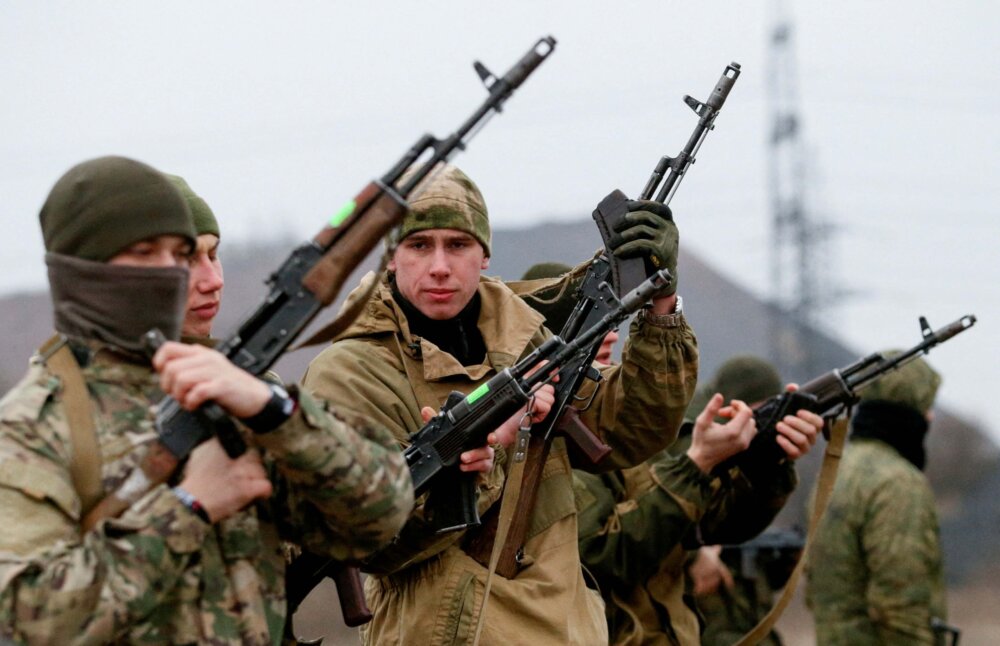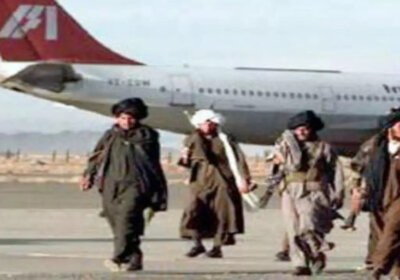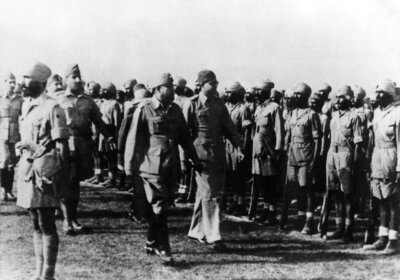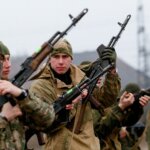Russia vs Ukraine And The Role Of Europe
Russia’s attack on Ukraine in February 2022 marked a significant escalation of the eight-year-old conflict between the two countries and a historic turning point in European security. After six months, many defences and international policy analysts see the war as a significant strategic blunder by Russian President Vladimir Putin, jeopardizing his long-term rule.
The Various Aspects Of The Russia-Ukraine War
Ukraine has long played a critical role in the global security order but is often forgotten or ignored. Today, the country is at the forefront of a renewed fierce rivalry, which many analysts believe will influence international relations in the coming decades.
Throughout its three decades since independence, Ukraine has sought to establish its own journey as a sovereign nation while also seeking closer ties with Western institutions such as the EU and NATO. On the other hand, Kyiv struggled to maintain its foreign relations while bridging deep internal divisions.
A much more nationalist, Ukrainian-speaking population in the West favoured greater integration with Europe, while a predominantly Russian-speaking community in the east preferred closer ties with Russia.
Ukraine was a pillar of the Soviet Union, the US’s archrival during the Cold War. It was the second-most populous and powerful of the fifteen Soviet republics, trailing only Russia. It was home to much of the union’s agricultural production, defence industry, and army, including the Black Sea Fleet and a portion of the nuclear arsenal.
Ukraine was so important to the union that its decision to dissolve ties in 1991 was a death blow to the ailing superpower.
Ukraine became a battleground in 2014 after Russia invaded and occupied Crimea and started militarizing and abetting separatists in the country’s southeast.
Russia’s seizure of Crimea was the first time a European state invaded and occupied the territory of another since World War II. Between 2014 and 2021, over 14,000 people were killed in the Donbas conflict, Europe’s bloodiest conflict ever since the Balkan Wars of the nineties.
The hostilities defined a clear change in the global security situation from a period of unipolar dominance by the United States.
Russia has strong cultural, economic, and political connections with Ukraine, and Ukraine is central to Russia’s identity and global vision.
Just like relationships within the family, Russia and Ukraine have deep cultural and familial ties that date back centuries. Christianity was brought to the Slavic peoples from Byzantium in Kyiv’s eighth and ninth centuries.
And Christianity was the cornerstone for Kievan Rus, the initial Slavic state from which modern Russians, Ukrainians, and Belarussians descended.
For decades, Russia depended on Ukrainian pipelines to deliver fuel to consumers in Central and Eastern Europe, paying Kyiv billions of dollars in transit fees.
Despite the hostilities between the two countries, Russian gas continued to flow through Ukraine in late 2022, though quantities were reduced and the pipeline was still seriously jeopardized.
Following the demise of the Soviet Union, many Russian politicians saw the breakup with Ukraine as a historical error and a threat to Russia’s standing as a major power.
Losing control of Ukraine and allowing it to fall into Western hands would be seen as a significant blow to Russia’s international standing. In 2022, Putin framed the escalating conflict with Ukraine as part of a larger struggle.
On several occasions, EU leaders demanded that Russia cease its military actions immediately, unconditionally retract all forces and military equipment from Ukraine, and fully respect Ukraine’s territorial integrity, sovereignty, and independence.
They emphasized Ukraine’s right to determine its own destiny and praised the Ukrainian people for their bravery in defending their homeland.
In response to Russia’s military aggression, the EU has dramatically expanded sanctions on Russia, adding many individuals and organizations to the sanctions list and taking unprecedented measures.
The EU is determined to continue to show solidarity with and support refugees fleeing this same war in Ukraine and the countries hosting them. It also works with partners and allies in the UN, OSCE, NATO, and the G7.
The European Council has repeatedly condemned Russia’s indiscriminate attacks on civilians and civilian infrastructure, emphasizing the importance of adhering to international humanitarian law. EU leaders emphasized that Russia, Belarus, and all those responsible for war crimes and other major offences will be held accountable under international law.
The West and its allies have taken numerous steps to boost aid to Ukraine and penalize Russia for its 2022 attack.
The US had provided Ukraine with $17 billion in security assistance as of October, including innovative rocket and missile systems, choppers, and lethal drones. Several Nato members are also providing security assistance.
International sanctions against Russia have been greatly expanded, now encompassing much of the country’s economic, energy, defence, and technology sectors, as well as the assets of rich and powerful oligarchs as well as other individuals.
The United States and some European governments also had Russia’s access to its vast foreign reserves and blacklisted Russia’s central bank. Furthermore, many powerful Western corporations have closed or suspended operations in Russia.
Any mediated diplomacy attempt to bring the war ought to be able to give all parties a sense of victory, if not the war itself. Europe should be aware of this based on past experience. However, all previous attempts have started with the assumption that Ukraine cannot be permitted to lose and Russia cannot be permitted to win. This could explain why diplomacy has been ineffective.
Turkey made the most serious efforts to bring the two sides together in March when the Russian and Ukrainian delegations met in Ankara, but that effort failed. The war may be said to be stalemated at this point, but it is not the painful deadlock that usually brings the warring sides together.
In the 21st century, when war seems like a distant past from the past century, the escalation between Russia and Ukraine has opened the eyes of people around the World and remnants of the past still echo in the future.
The war’s futility has been proven repeatedly, and World leaders should try to de-escalate this tension.























Pingback: Russia - Ukraine Conflict: Biden Visits Kyiv
Pingback: Xi Jinping Visits Putin: What It Means For The World?
Pingback: Russia Coup – Key Highlights